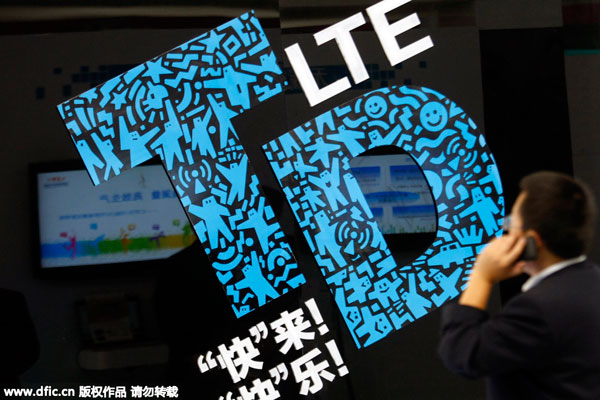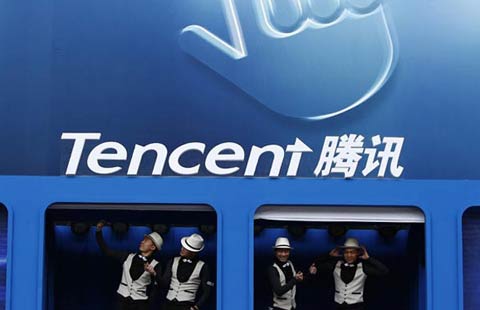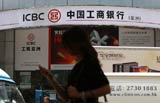Carriers scramble to answer Li's call
By Gao Yuan (China Daily) Updated: 2015-05-16 10:11
 |
|
The China International Telecommunication Expo kicks off in Beijing on Sept 24, 2013. [Photo/IC] |
'Big Three' telecom companies pledge faster speeds, lower rates for communications services
Domestic telecommunications carriers on Friday raced to cut charges for broadband Internet, mobile data traffic and roaming services after Premier Li Keqiang called for cheaper, faster Web connections for the country.
Li's dissatisfaction also prompted the industry regulator to set an ambitious target of having most cities connected to the Internet via ultra-fast optical fiber services providing speeds of 100 megabytes per second within two years.
The country's "Big Three" carriers - China Mobile Communications Corp, China United Telecommunications Corp and China Telecom Corp - which are all State-owned enterprises, announced lower rates for their fourth-generation mobile communication services.
The carriers are also removing time limits for unused traffic, meaning subscribers will be able to use leftover allowances in the next month.
Li first criticized China's high-cost, low-speed Internet service in April. And during an executive meeting of the State Council on Wednesday, Li again took aim at the information services sector, saying that optical fiber and 4G networks should be established more quickly.
Industry and Information Technology Vice-Minister Shang Bing said on Friday that the average connection speed in major cities will exceed 30 Mbps by the end of 2017 and the 4G network will cover the entire nation.
The subscription number of fixed broadband service faster than 8MB reached to 82 million by the end of last year, accounting for 40 percent of the total subscription, according to the ministry.
However, the actual download speed could be much slower.
Average download speeds vary from less than 3 Mbps to as much as 6.7 Mbps depending on the province, according to industry organization Broadband Development Alliance, with higher speeds in the better-off coastal areas.
The ministry also announced measures to accelerate infrastructure development while reducing network tariffs and improving the level of services.
Xiang Ligang, a telecom researcher and founder of industry website cctime.com, said the new targets are not difficult to accomplish because the carriers were already speeding the expansion of optical fiber and 4G coverage even before the central government stepped up pressure.
China began shifting attention to information consumption to fuel the slowing economy starting last year. The mobile Internet, broadband construction and e-commerce are among the top growth priorities for the country.
- PBOC allays fears over bond swap plan
- CSRC expands scope of money market funds
- BRICS bank may open by year end
- Telecom carriers reduce cost of Internet usage
- Textile sector faces huge tech challenge: Report
- Skoda cuts import car distributor in China
- Macao's forex reserves increase slightly in April
- China, Brazil to expand win-win co-op in production capacity, investment

















